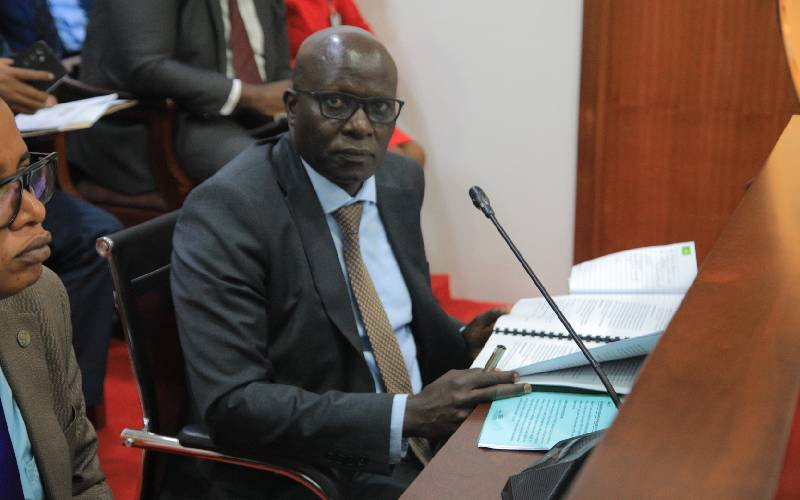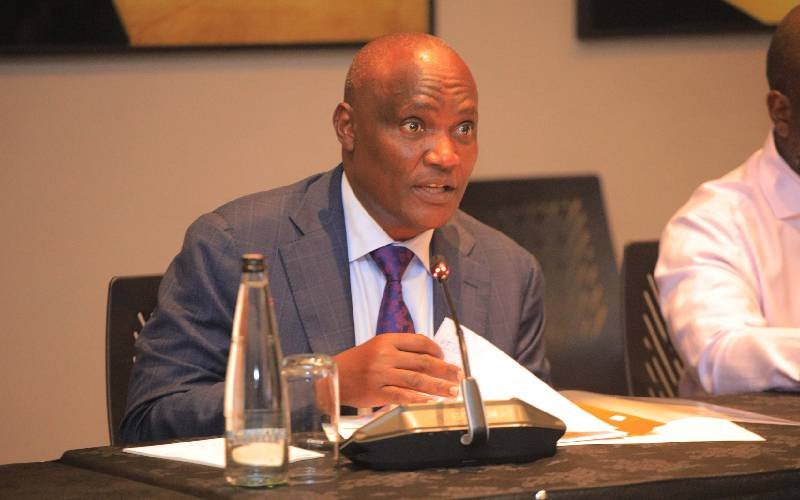
As it continues to rain heavily across the country, floods are beginning to emerge as a threat to the nation. Across several regions, severe flooding is occurring, leading not only to a disruption in daily activities but also in the death of both humans and animals. Recently, the flooding of the Mathare River and the subsequent loss of dozens of lives in Mathare have placed a spotlight on just how dire the situation is.
On the one hand, it makes sense to blame the county government leadership for failing to act, even with full and longstanding knowledge that the rains would be particularly heavy this year. If anything, floods have become a perennial threat in the country, altered only by the extreme of drought, with little reprieve in between.







